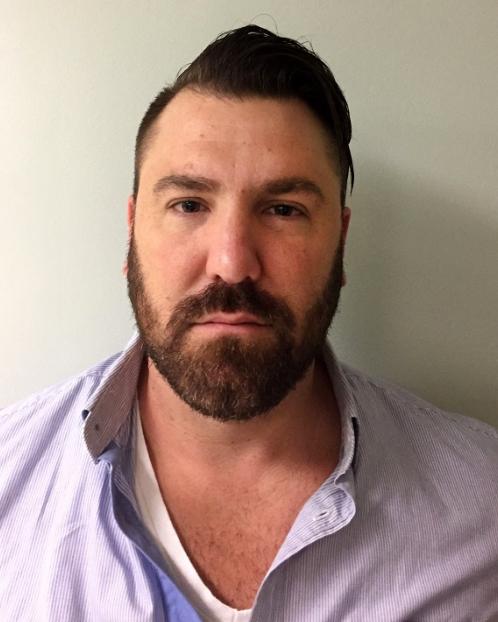This post was originally published on this site

FAIRFIELD – The lead detective of the Fairfield Police Department’s narcotics unit was charged Friday with stealing heroin and other drugs seized during police operations.
Stephen Rilling, 40, a 19-year veteran of the police force and the son of Norwalk’s mayor, Harry Rilling, surrendered to police Friday after being told there was a warrant for his arrest.
He was charged with third-degree computer crime, second-degree larceny, second-degree forgery, possession of narcotics, false entry by an officer or agent of a public community and tampering with evidence and later released after posting $5,000 bond pending arraignment in Superior Court in Bridgeport on June 2.
His lawyer, John R. Gulash, declined comment on the allegations against Rilling.
“He does have the support of his family and friends,” Gulash said.
In Norwalk, Rilling’s father issued a statement, then asked for privacy.
“Like too many other families in Connecticut, my son and our family are facing the effects of the opioid epidemic that is sweeping our state,” he said.
“In the past few weeks I learned that my son has a substance abuse problem brought on by prescription pain medication,” the mayor said. “He has accepted responsibility for his situation and is in therapy. We are proud of the way he is facing this problem and will continue to stand by him as he works toward recovery.”
Fairfield Police Lt. Robert Kalamaras said the department is not disclosing the amount of drugs taken, and said the “misappropriation” affected only a few pending criminal cases. No money was taken and the drugs were taken only from cases Rilling was involved in, police said.
As the lead detective in the narcotics unit, Rilling led a number of raids, including of student dormitory rooms at Fairfield University that netted large amounts of marijuana and narcotics. Police would not comment on which specific cases were under review.
Kalamaras said Rilling has been placed on administrative leave pending the results of an ongoing internal investigation.
“Over the last several weeks the Fairfield Police Department has been conducting both an internal investigation and a separate criminal investigation into the misappropriation of drug evidence by a police detective within the organization,” Kalamaras said.
He said a criminal investigation was initiated in conjunction with the State’s Attorney’s Office, and that the thefts occurred from June 2016 to February of 2017.
“At no point was the structural integrity of our evidence room breached,” Kalamaras said. “Access to the evidence was through the property officer, who believed the removal was for valid and legitimate law enforcement purposes.”
In light of the theft, Kalamaras said, the police department has implemented stricter procedures, including the requirement of supervisory approval and dual signatures for taking out evidence.
A detective in the department for 10 years, Rilling was put on leave nearly three years ago after he disclosed he had a drug problem. He entered a rehabilitation program, and upon his return to work was reassigned to the narcotics unit.
“I was floored that I was placed back into that line of work after coming forward with my problem,” he stated in the blog post from May 7. “I thought it was a little reckless — but I didn’t want to let anyone down.”
Fairfield Police Chief Gary MacNamara, while not commenting on this particular case, said that if a department member reports a problem and gets treatment, the police union contract stipulates that the employee must be returned to his or her prior assignment.
Rilling did not admit in his blog to taking evidence. But he did write that for a time after returning to the police force, he used drugs again.
“I was clean for 2 years. Then all hell broke loose,” he wrote. “I was stressed due to all of the pressure put on me to make cases and seize assets to help my police department. It all fell on my shoulders. Also during that time, the pressure got too intense. My wife and I began having problems and separated. I was devastated.
“So, I relapsed. I began taking opioids again but was not getting it prescribed like before,” Rilling wrote. “So, like any good addict I graduated to heroin. Never in my wildest dreams would I believe that I would stoop so low, but I did. The guilt was immeasurable! I couldn’t go to my work and admit that. I couldn’t face my wife and kids. And I couldn’t tell my father. I was stuck and didn’t even see it coming.”
Rilling continued in the blog that he went back to a drug rehabilitation program.
“I’m clean today and I’m done hiding in the shadows,” he stated. “I don’t know what the future holds with my job but I am a lot happier now.”
Hired in 1999, Rilling was promoted to detective in 2009. During the promotion ceremony his father, then Norwalk’s chief of police, pinned the badge on his son’s chest.
While a patrol officer he worked undercover for the Statewide Narcotics Task Force.
